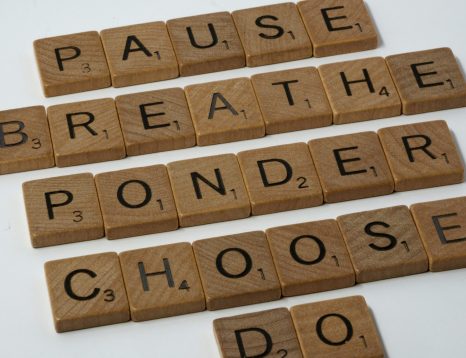
Do you feel like you're working too hard lately? Are you going through periods of intense stress? Do you notice that you are emotionally and physically exhausted from your work? Maybe you feel like you're "on automatic" and You have no energy left.. The job you once loved now causes you stress or indifferenceIf so, you may be facing burnout or otherwise burnout.
Work takes up a significant portion of our day and often gives us meaning in life and our social status. However, if we don't maintain balance, this excessive preoccupation can have negative effects on our daily lives.
Burnout is a psychological burnout syndrome and describes a state of physical, emotional, and psychological exhaustion resulting from prolonged and excessive pressure in the work environment. It is not just “tiredness” — it is deep exhaustion resulting from long-term stress in the workplaceAccording to the World Health Organization (WHO), burnout is related to exclusively with the work environment.
The burnout not caused only by workload, but also from a lack of control, high expectations and often unclear roles. An unsupportive work environment causes a loss of meaning and connection with what we are ultimately called to do, as well as our difficulty in saying ''no''. The severity of the symptoms depends on personal characteristics, the temperament of the individual, and what place work has in the individual's life.
The symptoms observed are fatigue and lack of energy, even at the beginning of the day. A feeling of incompetence, even reduced performance and distancing oneself from colleagues and from our own obligations.
The effects of burnout extend to mental and physical health. The individual may experience insomnia, headaches, stomach and gastrointestinal problems, irritability, isolation. The risk of depression and anxiety disorders increases.
Burnout is thought to have affected the health of 48% European workers. It thus appears to be not only an individual problem but also a problem for businesses and society as a whole.
To protect ourselves, we need to relieve ourselves in our daily lives. If we feel tense or stressed, we should dedicate a few minutes during the day to therapeutic breathing exercises or meditation, or simply to remain in silence away from all the "noise" of the day. We should learn to set limits and be able to say no.
Burnout is not a weakness – it is bellIt is our body and mind that tell us: “Something is wrong. I need care.” At this point, with awareness and responsibility, we can ask for some help.











